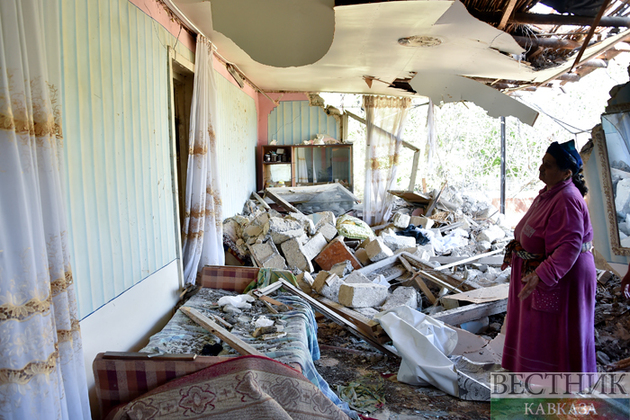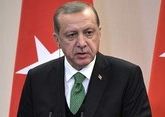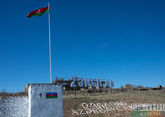October 27th marked exactly a month since Armenia waged a new war against Azerbaijan. The outcomes are astonishing and dramatic, not only for Armenia or Azerbaijan or South Caucasus but also for the entire continent of Europe, if not beyond, Khazar Ibrahim, Azerbaijani ambassador to Ankara, reports in his article Ballistic missiles against civilians: Armenia did it first in Europe’s history for Daily Sabah.
For the first time in the history of Europe, one nation, Armenia, used ballistic missiles against the civilians of another country, Azerbaijan. Almost 70 Azerbaijani civilians were killed and hundreds wounded as a consequence of this barbarity along with indiscriminate shelling of Azerbaijani cities (Ganja, Mingachevir, Tartar, Goranboy, Aghjabedi and others) with cluster bombs.
When international media pressed the Armenian foreign minister on these criminal acts, he repeatedly failed to respond and kept changing the topic. The president of Armenia, while touring the European capitals, found no better option than to play on the religious feelings of European leaders (which is very popular among some of them) by inserting Islam in every other sentence he could. The Armenian prime minister went even further by declaring that his country doesn’t currently see a chance for diplomacy and will keep fighting with the arms in its hands against Azerbaijan (probably, he meant SCUD missiles against Azerbaijani children). He also insisted on the “civilizational” nature of the Armenia-Azerbaijan conflict.
The conclusion is clear ... for Armenian leadership, killing innocent civilians with potential weapons of mass destruction can be justified if the targets are Muslims. Even here, they failed as one of the victims of the attack in Azerbaijan's Ganja was a 14-year-old Christian boy that was a Russian citizen (unlike monoethnic Armenia, Azerbaijan is globally known for its multiethnic, multiconfessional and tolerant society).
But the question is much bigger here. Is this narrative of Armenia shared by others? I really hope that it is NOT. But I do know that many might not share my cautious optimism. They would legitimately argue: where is the condemnation, rejection and punishment?!
Those world leaders, who the Armenian government engaged with over the past days, should have unequivocally condemned these crimes and demanded punishment for the one who is responsible. If they did it privately, the public should anyways know to avoid misreading the official positions of those countries. Otherwise, the Armenian narrative will thrive with dire consequences not only for our region. It will be a “green light” for similar crimes globally.
The global reaction is also vital due to the lack of it in the last 30 years vis-a-vis the faith of hundreds of thousands of Azerbaijani refugees and displaced people. This silent approach to the notorious ethnic cleansing and massacre of Azerbaijanis by Armenia in the early '90s, could have well emboldened current Armenian leaders to launch other crimes against civilians. Impunity could have been a driving force.
What our region needs as a driving force, though, is a sense of justice, security and opportunity to move forward. It also requires a breakup of dogmas of incompatibility in order to have a common and prosperous future for South Caucasus.
That will benefit all. Then we will be writing not the dark pages but rather brighter chapters of Europe’s history.










